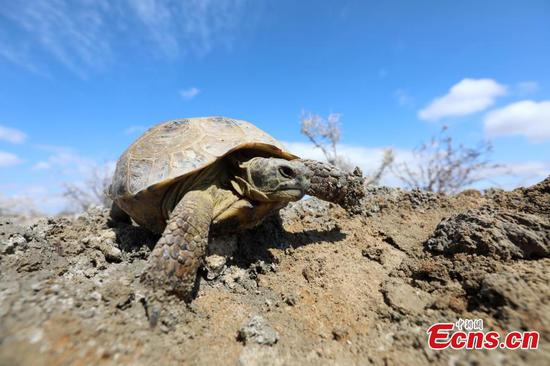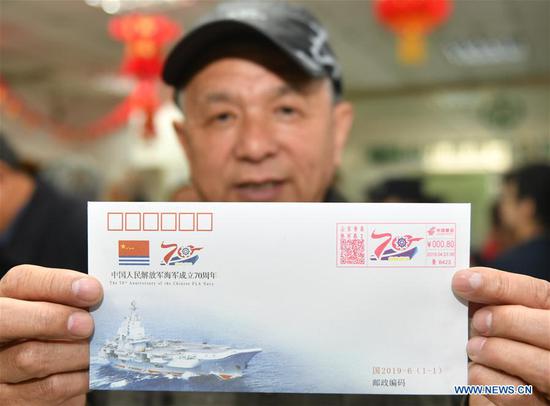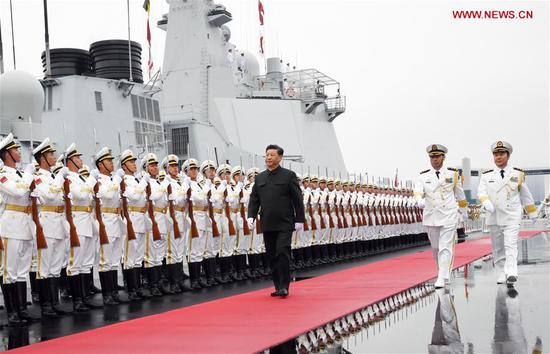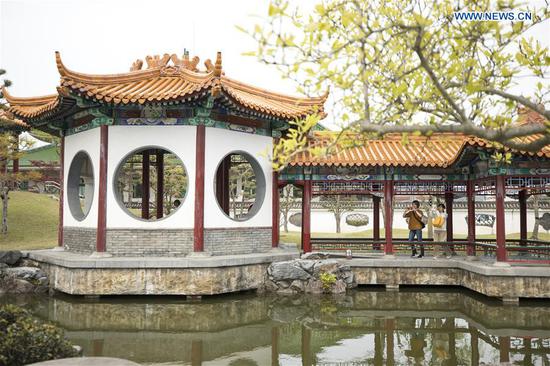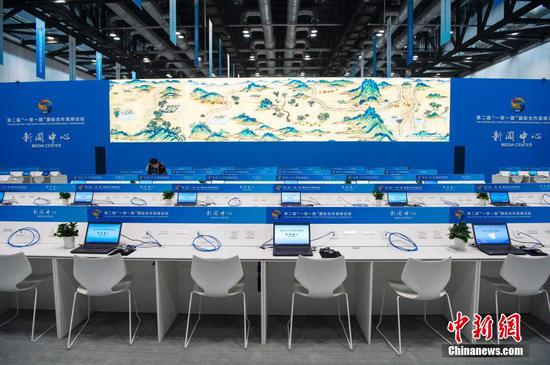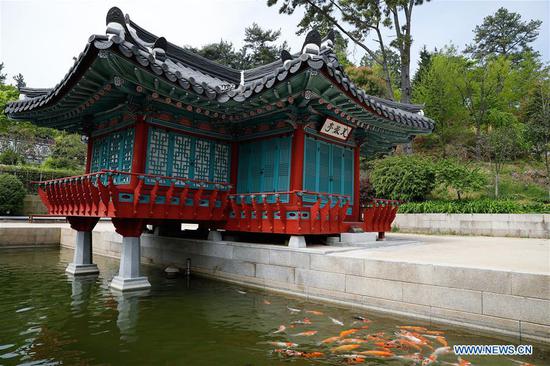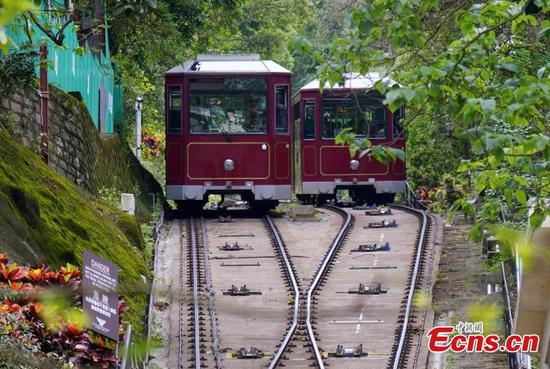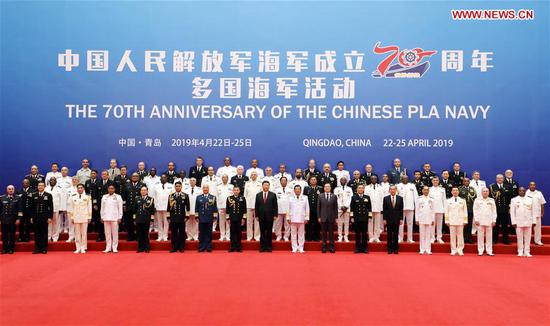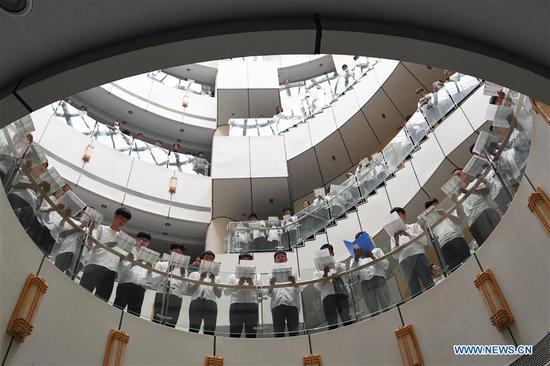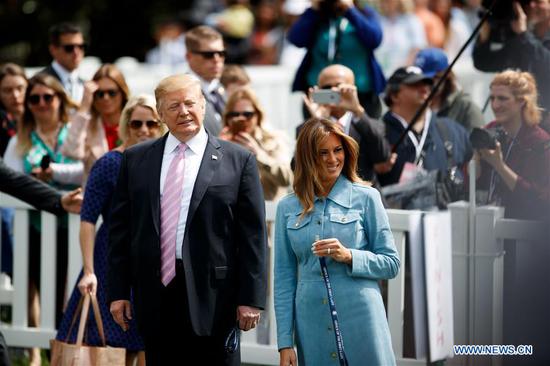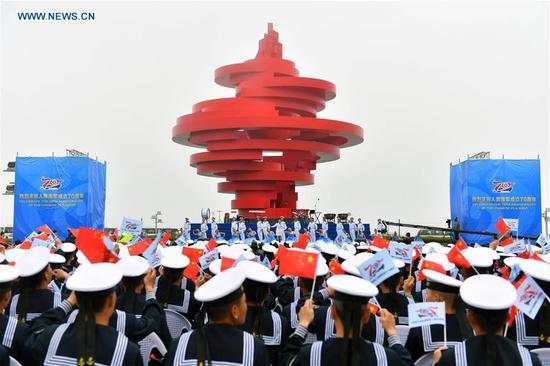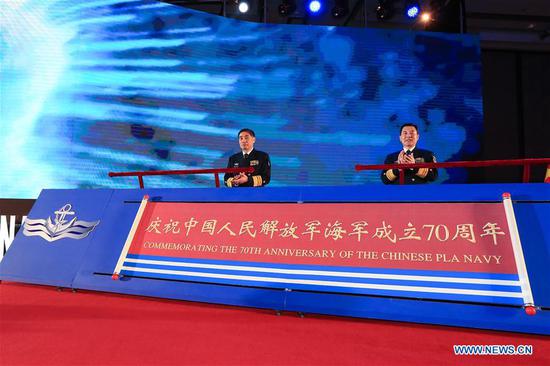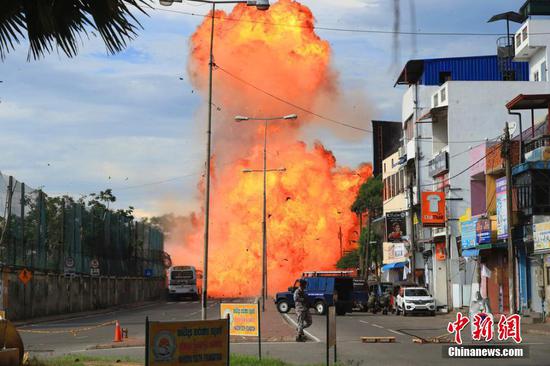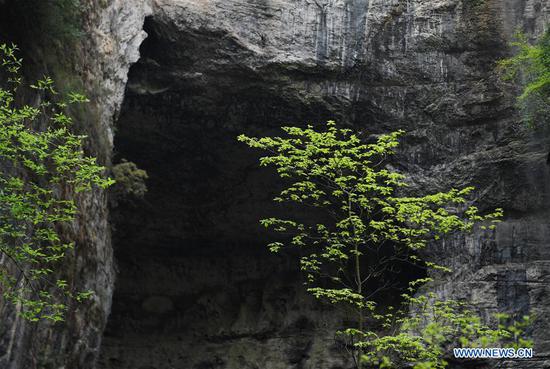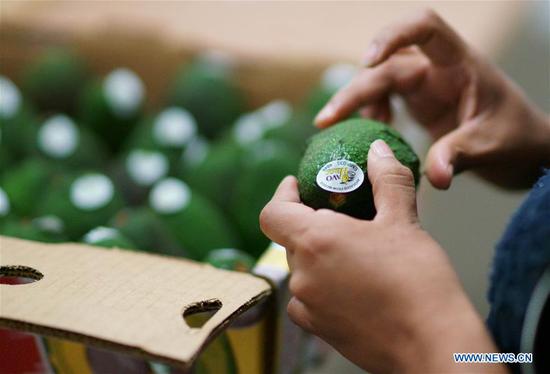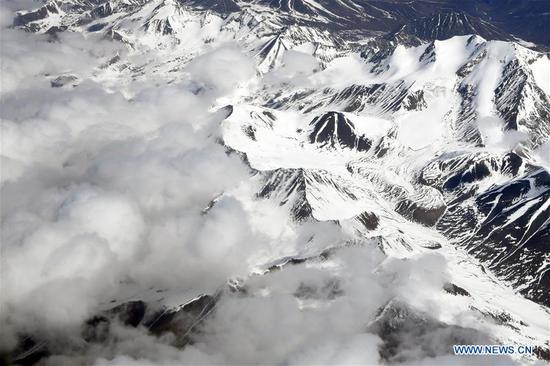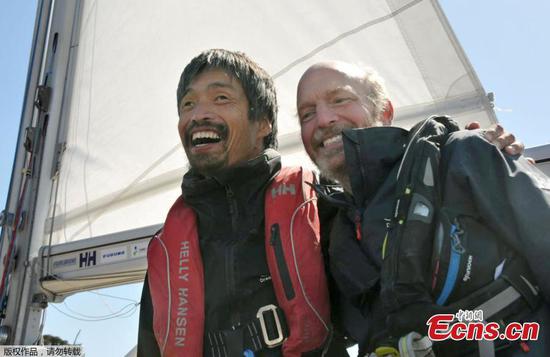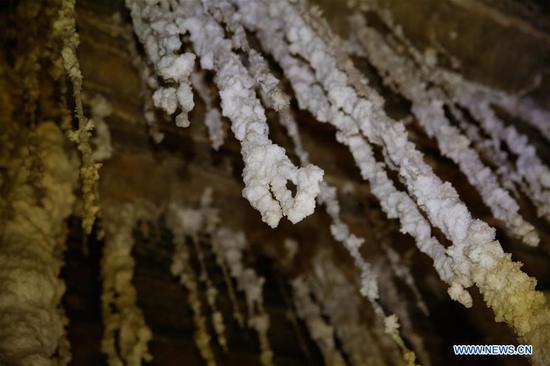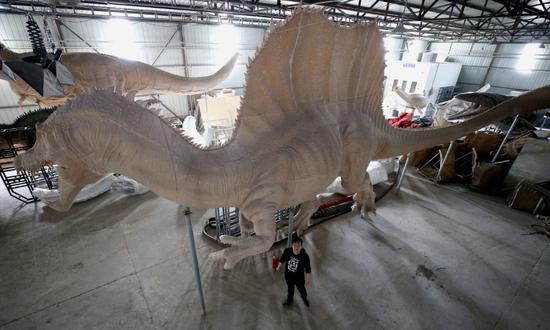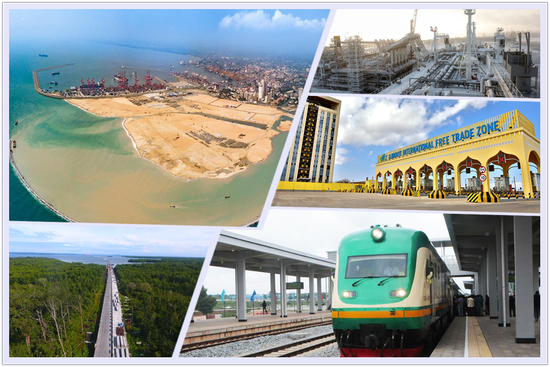The Belt and Road Initiative (BRI) is an open platform for cooperation and an "economic pie," Chinese Ambassador to Australia Cheng Jingye said.
The Australian Financial Review published a signed article by the Chinese envoy on Wednesday ahead of the second Belt and Road Forum for International Cooperation, which is to be held in Beijing later this week.
In the article, Cheng pointed out that since its inception in 2013, the BRI has received strong endorsement and warm support from the world at large.
A total of 126 countries and 29 international organizations have signed relevant cooperation documents with China so far. These countries include not only such industrial power as Italy, but also New Zealand, Papua New Guinea, Fiji and Vanuatu in the South Pacific region.
"Over the past six years, the BRI cooperation has seen significant progress and fruitful results. East Africa now has its first motorway; the Maldives has built its first cross-sea bridge; Kazakhstan has gained access to the Pacific for the first time; high-speed railways are under construction in Southeast Asia; and the China-Europe Railway Express has become the longest-distance freight train service on the Eurasian continent," Ambassador Cheng wrote.
"The total trade volume between China and the BRI countries has exceeded 6 trillion U.S. dollars, with more than 80 billion U.S. dollars having been invested. The 82 cooperation parks jointly built by China and other participation countries have created about 300,000 jobs for host countries ... The latest studies by the World Bank and other international institutions indicate that the BRI cooperation will cut the cost of global trade by 1.1 percent to 2.2 percent," said the article.
"Facts have proven that the BRI is not a geopolitical tool, but an open platform for cooperation," Cheng wrote. "Facts have also proven that the BRI is not a 'debt trap', but an 'economic pie' that benefits the local people."
The Chinese envoy especially talked about Australia in the article.
"The Belt and Road Initiative is not far from Australia," he wrote. "In 2015, Australia joined the Asian Infrastructure Investment Bank as a founding member. In 2017, China and Australia signed a memorandum of understanding on cooperation in third-markets. Last year, the Victorian government signed up for the BRI. And the business community in Australia has demonstrated keen interest in the BRI cooperation."
"With its unique advantages, Australia can surely be a part of the BRI partnership," he believed.










